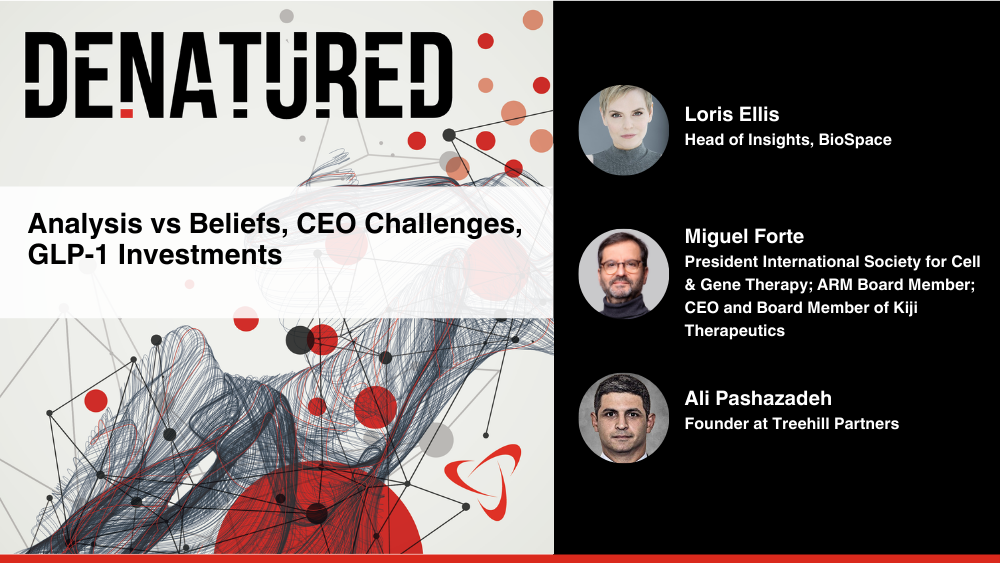Davis Farmer, Chairman of the Board of MSM Protein Technologies today announced that Chris Hentschel, Ph.D., has joined the Company’s Board of Directors. Dr. Hentschel has served as the President and CEO of Malaria Medical Venture for the past ten years. MMV is a not-for-profit entity based in Geneva, Switzerland that discovers, develops and delivers new and affordable therapies for malaria and assures access to those most at risk from this disease. Prior to joining MMV, Chris served as Chief Scientific Officer at Centocor where he oversaw research into a number of the products that J&J has brought to the market in recent years. He also served as the founding head of the Collaborative Centre of the UK Medical Research Council in London, a pioneering technology transfer facility designed to promote collaborations between the MRC and industry. He received his Ph.D . from King’s College London, with a subsequent research fellowship from the European Molecular Biology Organization and NIH.
“Chris is a great addition to our board,” said Farmer.. “He is our first outside Director and as such will provide a valuable perspective to our decision making. He is a true visionary with a great network of relationships in the pharmaceutical, academic and finance community. He has a great track record for innovation and for the creation of successful industry collaborations. We will look to him for guidance on many fronts including strategic decisions regarding the company’s long term direction.”
Tajib Mirzabekov, Ph.D., MSM’s CEO added that “Chris was responsible for launching at least two projects that have resulted in important antibody based drugs. This experience alone will be invaluable to MSM as we select targets for our internal pipeline.”
About MSM Protein Technologies:
MSM is a closely held drug discovery company based in Medford, MA. MSM’s focus is on the discovery of fully human, functional antibodies targeted to complex cell surface receptors such as GPCRs. The company applies its proprietary SIMPL ™ platform and magnetic proteoliposome particles (MPLs) to display multi-spanners such as GPCRs in highly concentrated and purified form while retaining their native conformation and orientation thereby maximizing the probability of raising functional antibodies. MSM has successfully generated functional human antibodies against a number of GPCRs and other membrane proteins.
MSM was formed in 2005 on the basis of technology originally developed at the Dana Farber Cancer Institute by the company’s founding scientist, Tajib Mirzabekov, and subsequently licensed to MSM. Since then the Company has developed additional, novel technologies that provide greater power and sensitivity to the search for antibody drugs to multi-spanners.
For more information: www.msmprotein.com
About Membrane spanning proteins
A membrane spanning protein is an integral membrane protein that spans from the internal to the external surface of the biological membrane or lipid bilayer in which it is embedded. These proteins are expressed on a number of cell types, including on the surface of bacteria and viruses. Multi-spanning membrane proteins are proteins that span a membrane a number of times. They are the most important class of cell-surface targets for therapeutic intervention and represent the majority of the targets for drugs sold on today’s market. The majority of these receptors, several of which are well validated drug targets, have not yet been successfully targeted with antibody drugs.
About G-protein Coupled Receptors
A G-protein is an intracellular membrane-associated protein, responsible for activating a signaling cascade that triggers intracellular events or alters the behavior of other target proteins. G-protein coupled receptors are cell surface receptors that are coupled to G-proteins. GPCRs comprise the biggest family of human protein targets for therapeutic drugs and one of the most difficult, accounting for roughly 25% of drug sales worldwide.
About Ion channels and transporters
Ion channels are proteins forming a water-filled pore through a membrane through which ions can diffuse. Transporters are proteins that span a membrane that actively carry nutrients and ions across the membrane. Many small molecule drugs targeting ion channels lack the desirable level of target specificity due to a high degree of homogeneity within the pores formed by ion channels. Antibodies hold the promise of greater selectivity because they are more amino acid specific than small molecule drugs.




